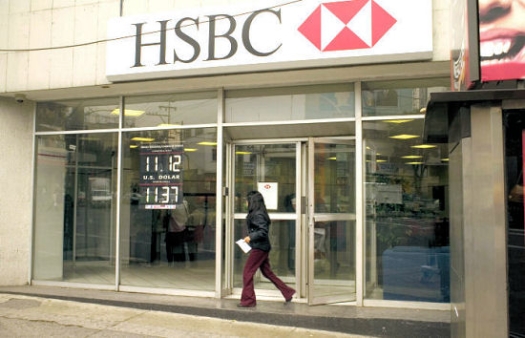
KDB Financial keen on buying HSBC's Korean retail operations
The possible takeover will augment to KDB's flagship businesses: investment banking and corporate financing as HSBC downsizes retail business.
South Korean government-owned KDB Financial Group is in talks to buy HSBC Holdings PLC's (HBC) South Korean retail banking operations, people familiar with the siatuion said Monday, in the latest in the U.K. bank's retreat from retail businesses that lack scale.
KDB, whose strength is in investment banking and corporate financing, is looking to buy the business from Hong Kong & Shanghai Banking Corp Ltd., the Asian unit of HSBC, they said. In May, HSBC said that it will review whether to pull out of many markets where the bank's retail businesses are too small or too inefficient.
HSBC's chief executive, Stuart Gulliver, said then the bank will focus on a few key markets in retail, and concentrate instead on trade-finance, commercial and private banking. The bank also said in August it would cut 25,000 jobs globally, and had already reduced 5,000 jobs in the U.S., U.K. France, Latin America and the Middle East.
The bank didn't detail whether Korea would be involved in that reduction at the time, although HSBC is a smaller player in the country, whose retail banking industry is dominated by four big banks, namely Kookmin Bank of KB Financial Group, Woori Bank of Woori Finance Holdings, Shinhan Bank of Shinhan Financial Group and Hana Bank of Hana Financial Group. HSBC's Korean unit had 11 branches with assets totaling KRW30.02 trillion ($25.6 billion) as of the end of June, while Korea Development Bank, a key banking unit of KDB Financial, has 64 branches in Korea.
While buying HSBC's retail operations won't move KDB's ranking as a retail lender much, it would help the Korean financial group increase its deposit base and compete better with rivals. Earlier this year, in a bid to develop its retail banking and increase its deposit base, KDB tried to buy a government-held controlling stake in Woori Finance Holdings Co. It failed as a result of tough opposition by lawmakers.
View the full story in The Wall Street Journal.






















 Advertise
Advertise








